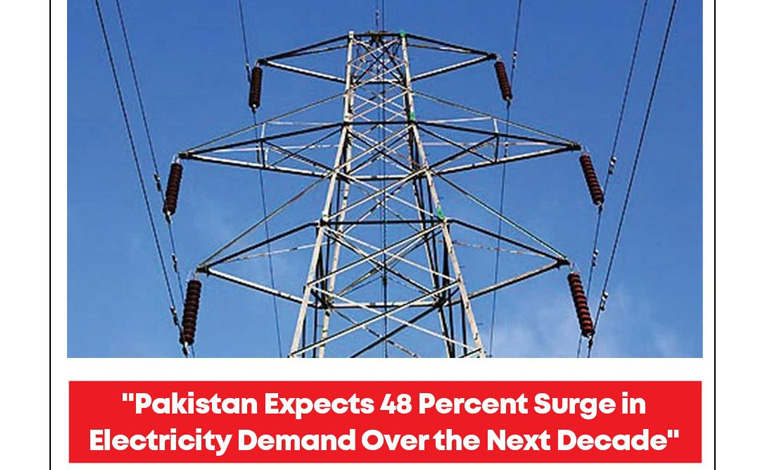In a recent report released by the National Electric Power Regulatory Authority (NEPRA), Pakistan is projected to face an unprecedented surge in electricity demand over the next ten years. The rapidly growing population, industrial expansion, and increasing urbanization are the key factors contributing to this anticipated spike.
According to NEPRA’s analysis, if the country fails to implement timely measures to meet this soaring energy demand, it could lead to severe power shortages, prolonged blackouts, and hamper economic growth. The situation calls for immediate attention and decisive action from the government and relevant stakeholders.
In response to the alarming forecast, the government has outlined a comprehensive energy strategy to bridge the widening supply-demand gap. The plan entails a mix of solutions, including a focus on renewable energy sources such as solar, wind, and hydroelectric power. Additionally, the government aims to invest in enhancing the efficiency of existing power plants and upgrading the national power grid.
The private sector Is also encouraged to participate in the energy sector by investing in power generation projects. Foreign direct investment in the renewable energy sector is being actively promoted, offering lucrative incentives and tax breaks to attract investors.
Despite these efforts, the road ahead remains challenging. Meeting the escalating energy demand requires substantial funding, technological advancements, and seamless collaboration between various stakeholders. Delays or inadequate actions might exacerbate the energy crisis, affecting households, industries, and economic growth.
Environmental considerations are also critical. Emphasizing renewable energy sources will not only help meet demand but also reduce carbon emissions, supporting Pakistan’s commitment to combating climate change and its implications.
To conclude, Pakistan faces a daunting challenge in catering to the projected 48% increase in electricity demand over the next decade. The situation demands urgent, collective efforts to ensure a stable and sustainable energy supply. The government, private sector, and citizens must work together to develop innovative solutions, embrace renewable energy, and prioritize energy conservation measures. With strategic planning and timely action, Pakistan can overcome the looming energy crisis and steer towards a brighter, more energy-secure future.
